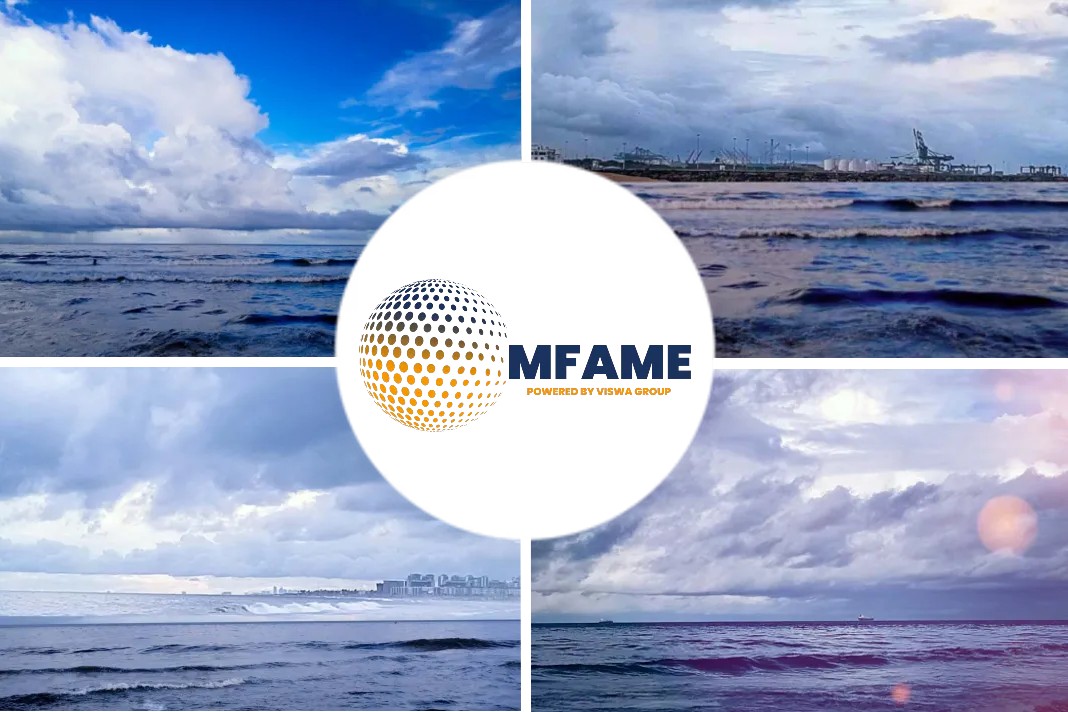In this age of constant surveillance, there are still crucial links in the global economy that operate almost entirely out of sight. When large vessels push out into the murky jurisdiction of the oceans, they become worlds unto themselves, with polyglot crews and mysterious owners, reports Wall Street Journal.
Dead in the water
The Brillante Virtuoso was a hulking behemoth of an oil tanker, three football fields long with 12 tanks and a carrying capacity of 150,000 tons. Its owner was a company called Suez Fortune Investments, domiciled in the tax haven of the Marshall Islands. In June 2011 it departed from Kerch, on the Crimean Peninsula, heading for China via the Suez Canal, carrying $100 million of oil.
As Bloomberg reporters Matthew Campbell and Kit Chellel write in “Dead in the Water,” the modern shipping industry has been structured “to interpose layer upon corporate layer between the men who profited from owning ships and those who labored on them. When something went wrong, if there was a fatal accident or the crew ran out of food, it was easy for shipowners to claim ignorance and diffuse responsibility.” Or, in the case of the Brillante, to concoct a $77 million insurance-fraud scheme for which the perpetrators were never held to account.
“Dead in the Water” begins in gripping style, the Brillante drifting at night through the pirate-riddled Gulf of Aden. When a small boat of armed, masked men approaches and demands to come aboard, the captain orders that they be allowed to do so, whereupon they rampage through the ship and set a fire before disappearing. The members of the Brillante crew are saved by a passing U.S. missile cruiser.
Incident
David Mockett, a British marine surveyor living in Aden, Yemen, was asked by a firm hired by the Brillante’s insurers to figure out what exactly had happened. Mockett was a character out of a Graham Greene novel; he lived alone in Yemen, while his wife, Cynthia, stayed in their home back in Devon. He would write long emails to her starting with “My darling Cynth” and detailing every aspect of his work and life in Aden.
He was baffled by what he found visiting the burning wreck of the Brillante. He couldn’t understand why the attackers had been let aboard so easily when the ship was in water notorious for pirates. The details of the attack were also inconsistent. The insurers were told that the attackers had fired rocket-propelled grenades, but Mockett could find no evidence for this.
Just a few weeks after the attack, when Mockett had filed a series of reports expressing his doubts about what had transpired, he was driving away from his office at lunchtime when he was killed by a bomb planted in his car.
It would take another eight years for the British courts to confirm Mockett’s suspicions and a judge to write: “I do not consider that there is a plausible explanation of the events which befell Brillante Virtuoso which is consistent with an innocent explanation. . . . The orchestrator of these events was the owner of Brillante Virtuoso, Mr. Iliopoulos.”
Marios Iliopoulos is a villain from central casting: “Overweight, with long, stringy hair and an unruly beard, he was certainly no Aristotle Onassis.” Dubbed “Super Mario,” he is the heir to a Greek shipping family and consumed by rally driving. His pursuers are two former London police officers, Richard Veale and Michael Conner, hired by the insurers to find the truth.
While the case languishes between jurisdictions, a Greek bank writes off the debt that Mr. Iliopoulos incurred to buy the Brillante, and Cynthia Mockett gives up hope that she’ll ever see justice for her husband. But Messrs. Veale and Conner stay on it. They chase down leads and witnesses, finding members of the crew and salvage operators who have been scared into telling lies.
They travel to Athens to meet Vassilios Theodorou, a marine engineer who stands “over six feet tall, with huge arms, long hair, and a rough beard.” Theodorou proves somewhat helpful—but he won’t fully cooperate unless paid a substantial sum that the investigators can’t afford. In the end, they find Dimitrios Plakakis, a former computer technician and financial controller who in his desperation to make a living goes into the salvage business in Aden, where he gets wind of the Brillante plot.
Investigation
When his cooperation with the investigators is revealed, he is besieged at his mother’s home in rural Greece. A car and a truck driven by bulky-looking men appears in the village, and the phone in the house keeps ringing. Messrs. Veale and Conner have to hire a security team to race over and rescue Plakakis and his family.
Messrs. Campbell and Chellel suffered numerous threats as they worked to tell this enormously complex story. Yet their tale survives what must have been the most rigorous lawyering. They not only explain an esoteric corner of the world economy but relish the juicy contrasts between the Latin-quoting English barristers and the thuggish ship salvagers, between the squeamish insurance men and the resolute ex-coppers. And then there is Mr. Iliopoulos, who remained out of reach of anything resembling justice.
Not long after the British judge ruled that he had orchestrated the Brillante fraud, one of Mr. Iliopoulos’s ferries won “Ship of the Year” at the Lloyd’s List Greek Shipping Awards. At the award ceremony in Athens, Mr. Iliopoulos told the audience: “Our goals are fully aligned with the goals of all Greeks who want to see Greece, this country with its huge history and culture, smile again and fill the hearts of all Greeks with pride and joy. We believe that society cannot exist without respecting, living, breathing together.” Super Mario was thriving.
Mr. Delves Broughton is the author of “The Art of the Sale: Learning From the Masters About the Business of Life.”
Did you subscribe to our daily Newsletter?
It’s Free! Click here to Subscribe
Source: Wall Street Journal






















